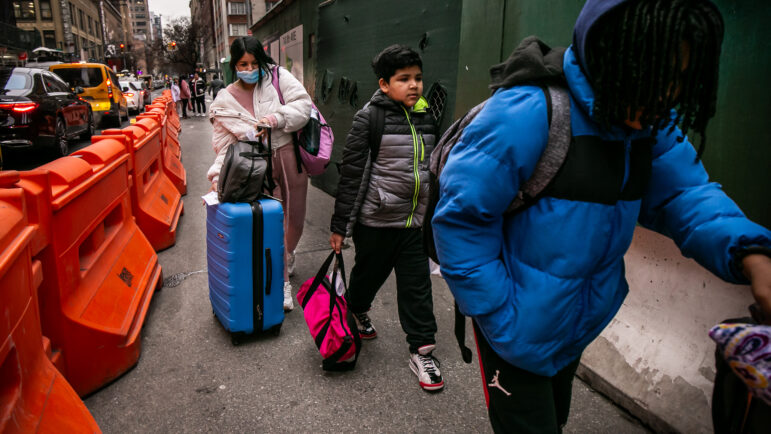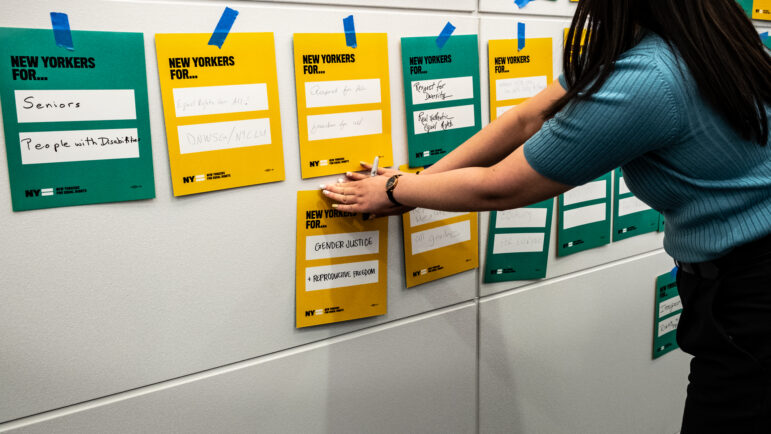M.S., 54, lost her public assistance benefits for forgetting to make a phone call. A depressive suffering from severe cardiovascular problems, she failed to check in with HS Systems (HSS), a company that performs medical screenings of welfare recipients who claim they are too sick to work. City regulations require these clients to call the company after each doctor’s appointment, as part of a city-mandated “wellness plan” designed to restore clients to self-sufficiency. When M.S. forgot to call, HSS terminated her plan and notified the Human Resources Administration (HRA) of her negligence. Four days later, HRA closed her case.
Alleging that HRA does not take sufficient measures to exempt people with psychiatric disabilities from work requirements-a violation of the Americans with Disabilities Act and other federal rules-four local legal groups filed a complaint in early April with the Office of Civil Rights of the federal Department of Health and Human Services.
The complaint charges the city agency with failing to screen clients for psychiatric disabilities, and for requiring that people with psychiatric disabilities do work of which they are not capable. (Even the work alternatives, they say, are inappropriate.)
The case also shines some light on the inner workings of HS Systems, the only company that holds an exclusive contract with the city to conduct medical screenings of welfare recipients. For each client who is deemed unable to work, HSS creates a “wellness plan,” a short-term medical intervention aimed at making individuals facing chronic but manageable illnesses well enough to participate in workfare programs. Clients who fail to comply with their plan face losing their benefits. “It’s designed for people who have a continuing problem-diabetes, high blood pressure-but which can be managed with medication, diet, exercise,” says David Neustadt, an HRA spokesperson. “If you get it under control, you can be functioning.”
But the attorneys who filed the complaint say that while that goal is worthwhile, in practice the wellness plans have repeatedly caused people with psychiatric disabilities to inappropriately lose their benefits. “How are you going to get well if your money for food and shelter gets cut off?” says Bill Lienhard of the Urban Justice Center, one of the plaintiffs. “It doesn’t sound like a wellness plan to me.”
At the end of a plan’s schedule, HSS reevaluates the client to determine if he is fit to work. Too often, say Lienhard and others, these second evaluations deem clients “employable with limitations,” even when they still have severe problems.
M.S., it turns out, was lucky. Four days after HRA closed her welfare case, the feds found her eligible for SSI-federal assistance for people with chronic disabilities that leave them unable to work.








